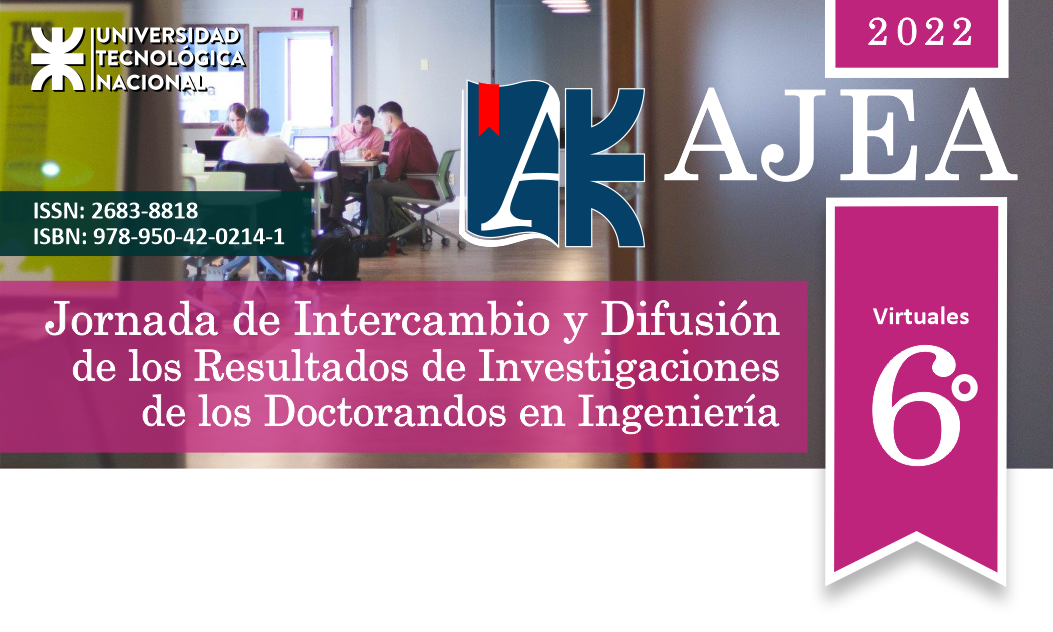Towards a BEM model that considers thermal comfort and bioclimatic building strategies based on MADRL
DOI:
https://doi.org/10.33414/ajea.1086.2022Keywords:
Bioclimatic, Deep Reinforcement Learning, Automation, DwellingAbstract
The current consumption of primary energy in the residential sector is 22% globally and is responsible for emitting 33 Gt of CO2eq. Building energy management (GEE) allows efficient use of energy and its consequent reduction. Deep reinforcement learning (DRL) has made significant gains in other fields and has begun to be applied to GEE. In this paper, a multi-agent model based on DRL for GEE in residential dwellings is presented. The model seeks to optimize the use of energy and increase the comfort of the inhabitants through the control of bioclimatic elements and the selection of the air conditioning temperature. The performance of the intelligent model is evaluated against a conventional one, rule based. The results found so far are encouraging and open many paths for further research.










